China will adopt reciprocal visa restrictions on the U.S. officials who concocted lies, pushed for sanctions against China and undermined China's interests in the name of human rights issues, Chinese Foreign Ministry spokesperson Lin Jian said on Wednesday, in response to the U.S.' recent abuse of visa restrictions on Chinese officials.
U.S. State Department spokesperson Matthew Miller announced recently that it was taking steps to impose visa restrictions on Chinese officials related to human rights issues.
In response, Lin said that the U.S. again uses disinformation to smear the human rights conditions in China and abuses visa restrictions on Chinese officials. Such a move constitutes serious interference in China's internal affairs and violation of international law and basic norms governing international relations. China strongly deplores and firmly opposes it and has lodged a serious protest with the U.S., Lin said.
The U.S. has always politicized human rights issues. China has taken reciprocal visa restrictions in response this time, which is customary practice, Lü Xiang, a research fellow at the Chinese Academy of Social Sciences, told the Global Times on Wednesday.
China seeks dialogue with other countries to understand and enhance human rights, but does not want to politicize the issue. The U.S. uses human rights as "a big stick" to harm other countries, but China responds in a normal way, indicating that China is not yielding to unreasonable political coercion from the U.S., Lü said.
On July 4, the UN Human Rights Council adopted unanimously China's report on the fourth cycle of the Universal Periodic Review, which fully shows that the international community highly recognizes China's achievement in protecting human rights, Lin said.
Chen Xu, permanent representative of China to the UN office in Geneva and other international organizations in Switzerland, introduced China's stance on suggestions made by other countries during the UPR and highlighted the phased progress of 30 new measures for human rights protection. Chen further elaborated on China's path, principles, and achievements in human rights development.
The U.S. has no right and is in no position to point fingers at other countries' human rights condition, Lin said.
The international community has long watched and detested how the U.S. manipulates human rights issues. If the U.S. truly cares about human rights, it should abandon double standard, take a hard look in the mirror, reflect on its own human rights violations, and deal with the mounting human rights issues within the U.S. itself, instead of interfering in other countries' domestic affairs and sanctioning them in the name of human rights, Lin said.














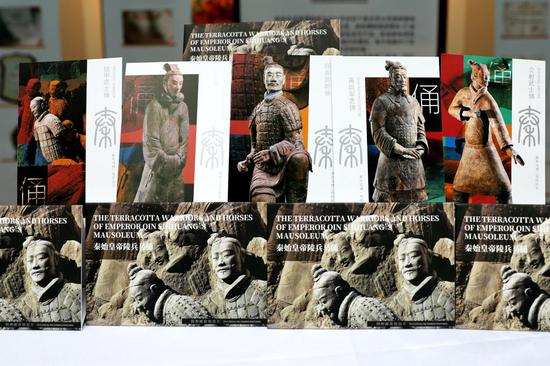


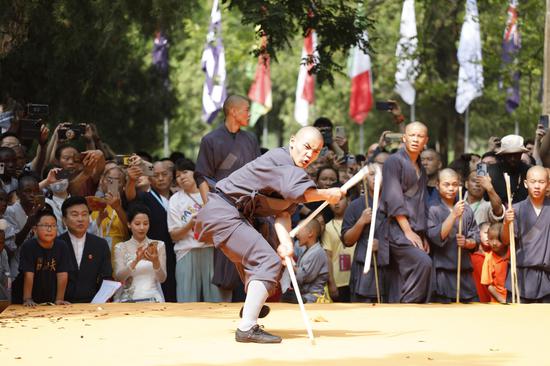
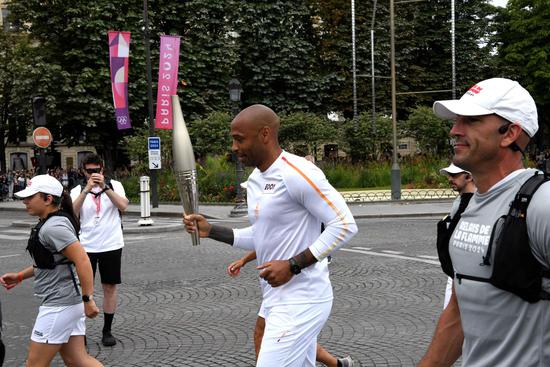






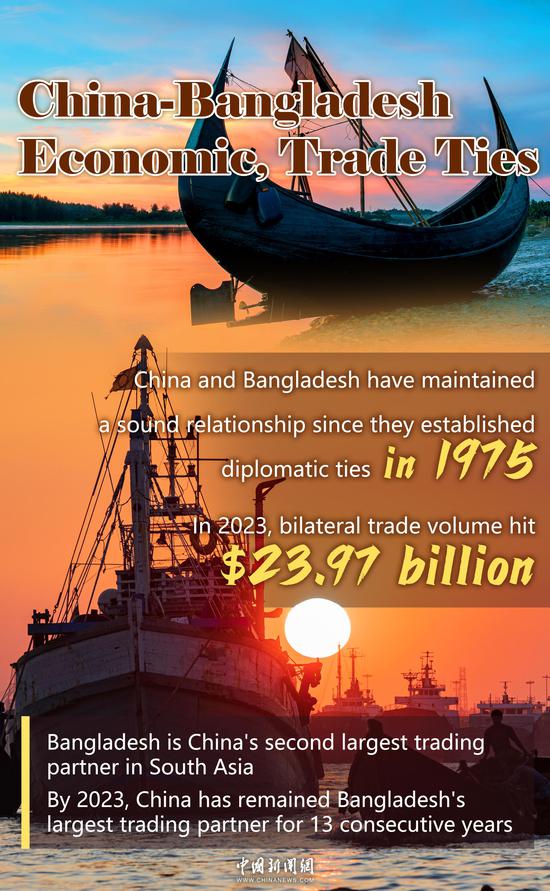
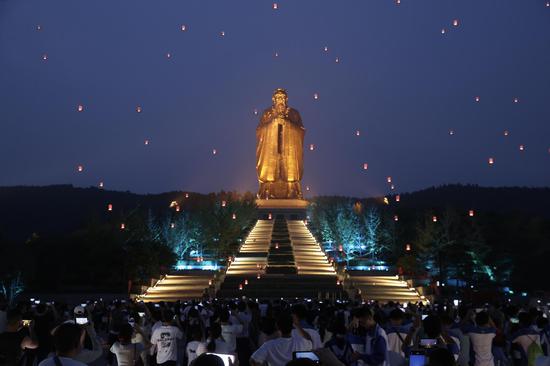

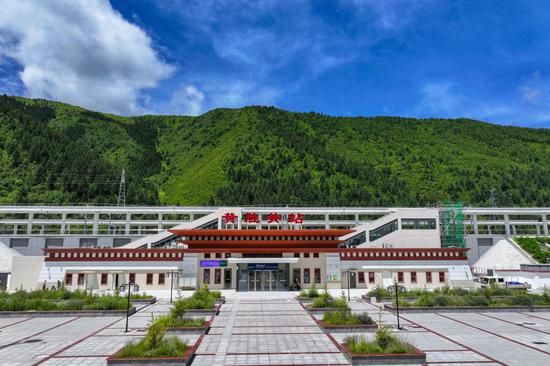
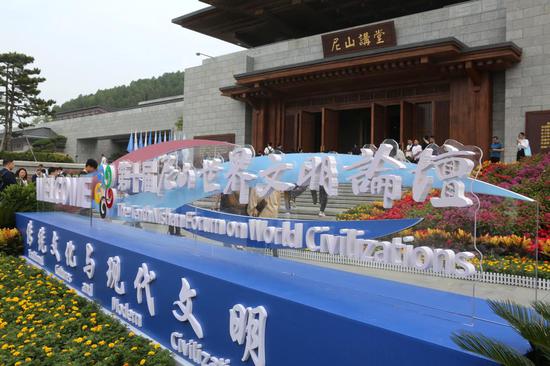
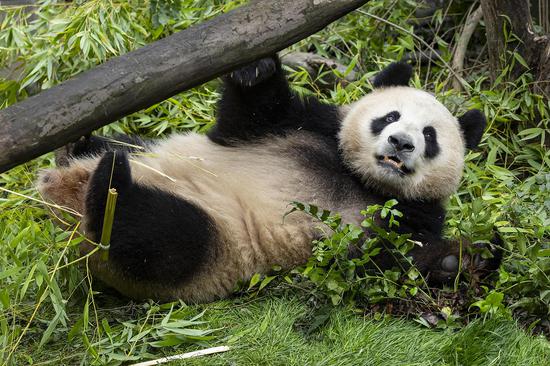

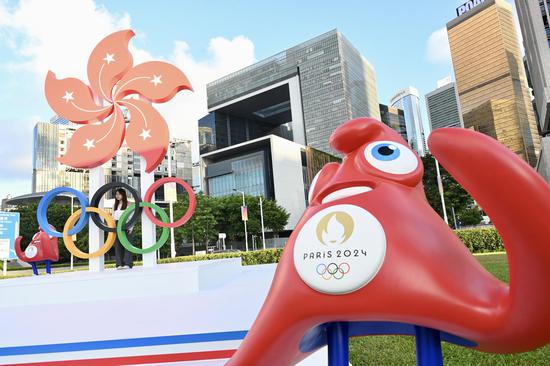



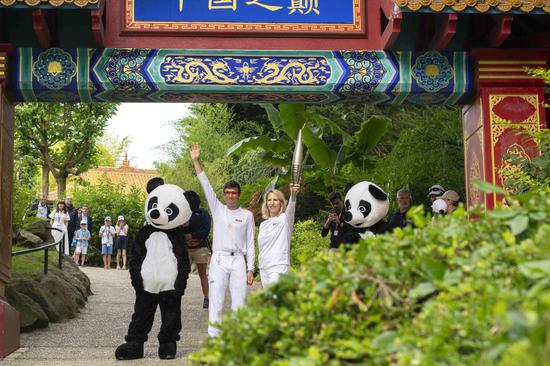


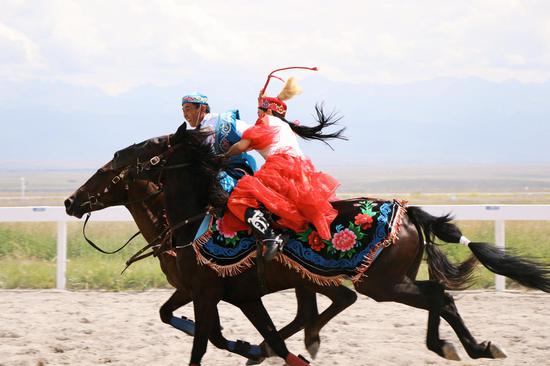
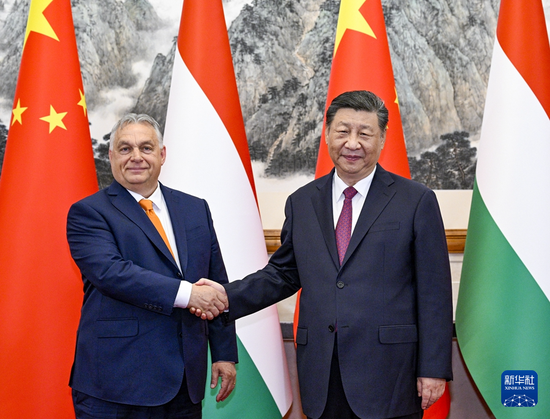

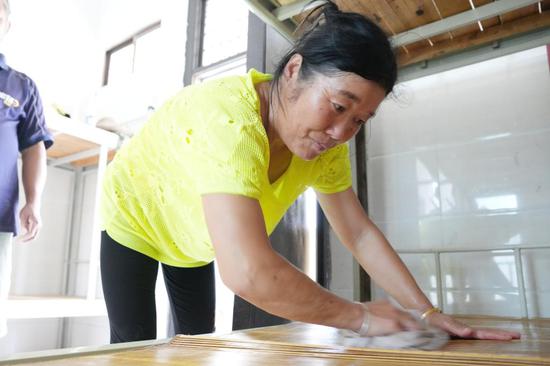

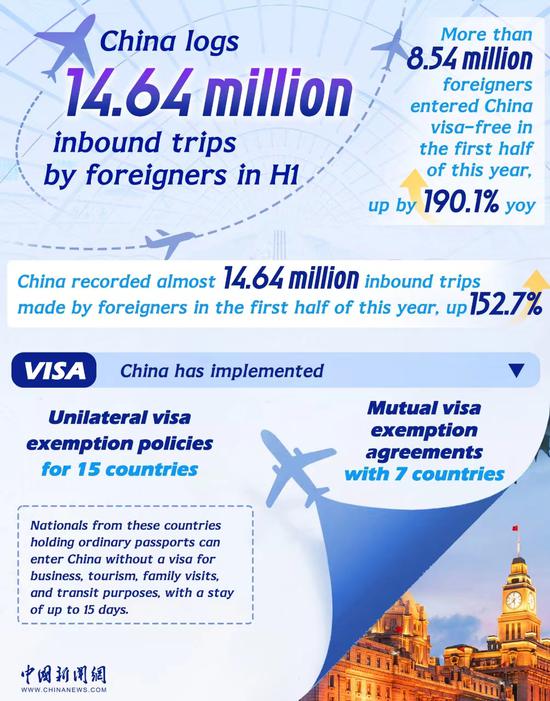





 京公网安备 11010202009201号
京公网安备 11010202009201号